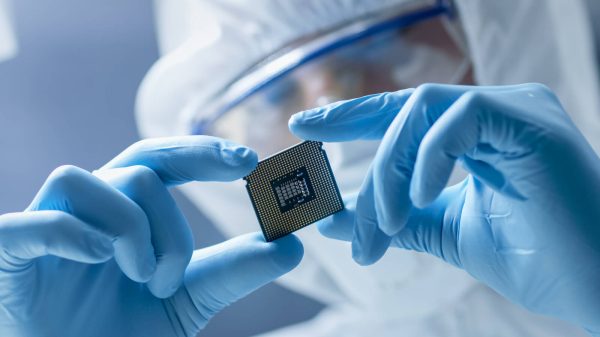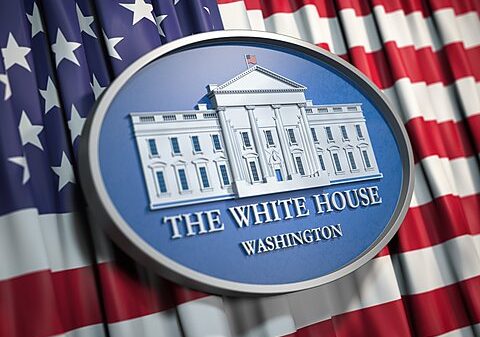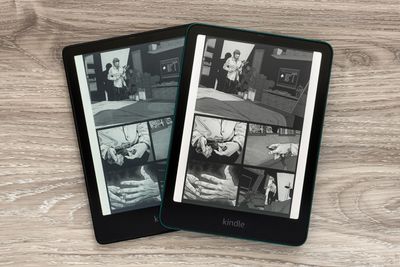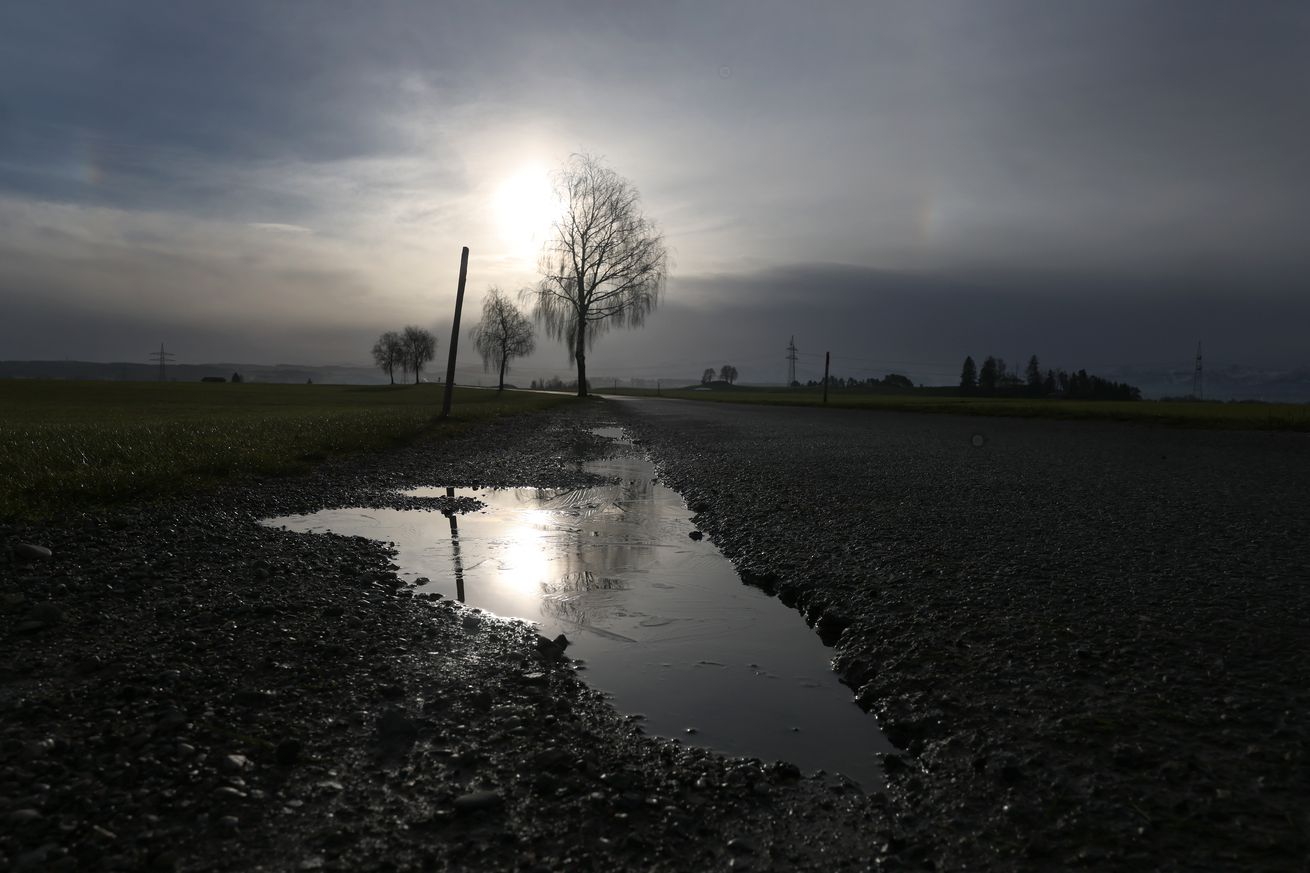
Scientific advisers to the European Commission are calling for a moratorium across the EU on efforts to artificially cool Earth through solar geoengineering. That includes controversial technologies used to reflect sunlight back into space, primarily by sending reflective particles into the atmosphere or by brightening clouds.
Proponents argue that this can help in the fight against climate change, especially as planet-heating greenhouse gas emissions continue to climb. But small-scale experiments have triggered backlash over concerns that these technologies could do more harm than good.
The European Commission asked its Group of Chief Scientific Advisors (GCSA) and European Group on Ethics in Science and New Technologies (EGE) to write up their opinions on solar geoengineering, which were published today alongside a report synthesizing what little we know about how these technologies might work.
There’s “insufficient scientific evidence” to show that solar geoengineering can actually prevent climate change, says the opinion written by the GCSA.
“Given the currently very high…

























